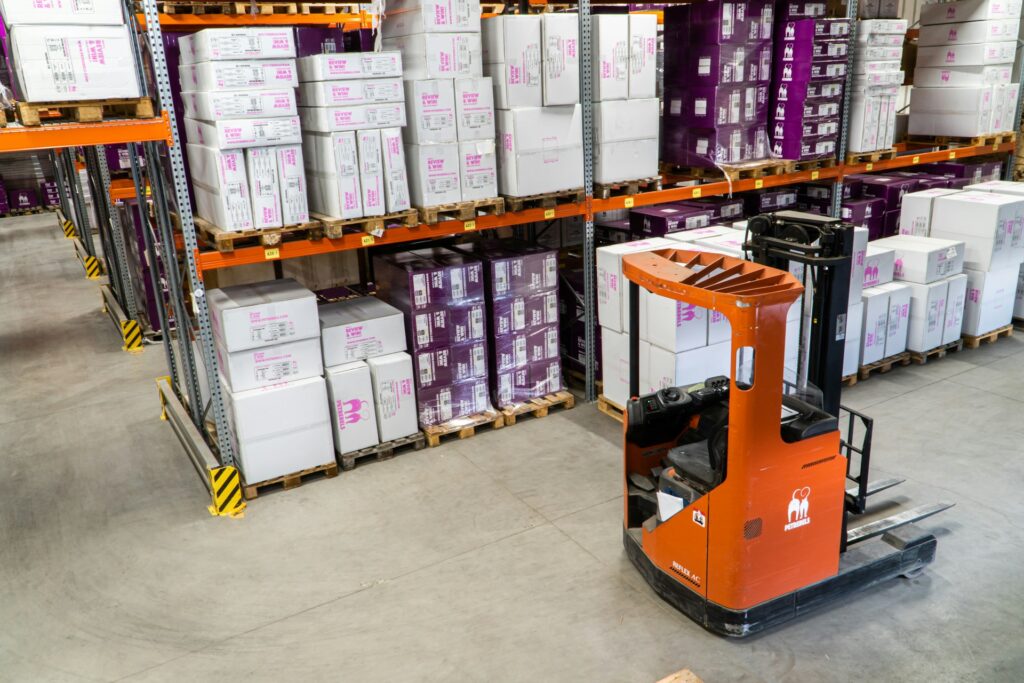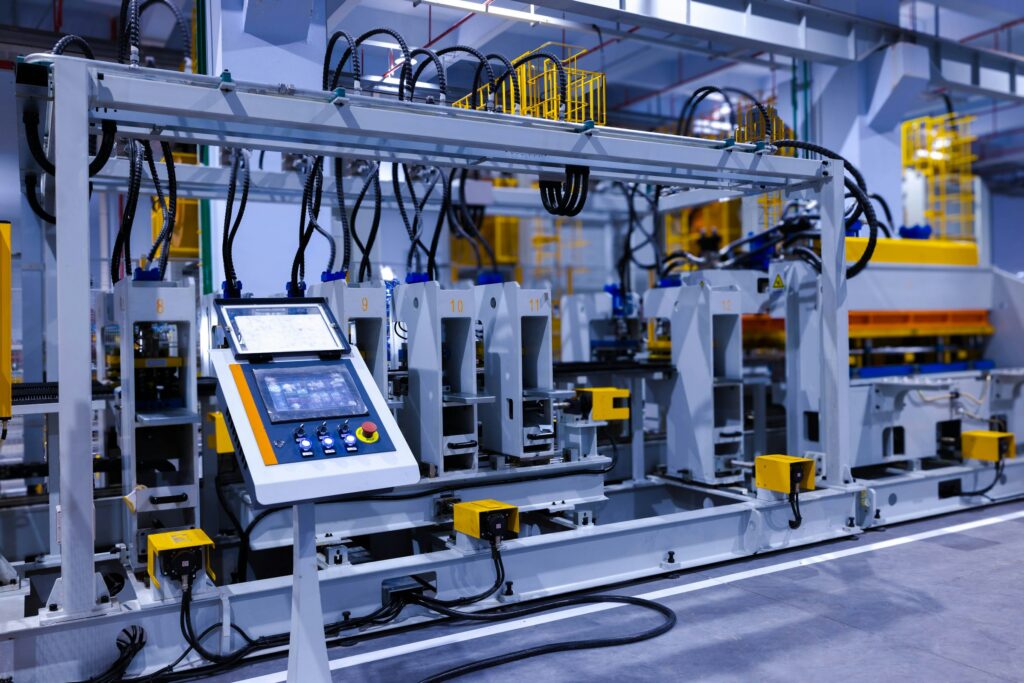Continuous improvement is the process of consistently analyzing and enhancing products, services or operations with the goal of improving quality, efficiency and value delivery. Based on the Japanese business philosophy of “Kaizen,” continuous improvement seeks to optimize production activities that generate value and eliminate waste. In the world of manufacturing, continuous improvement can set organizations up for success in the long-term.
Some examples of process improvement methodologies include Six Sigma, Lean Manufacturing, Total Quality Management, Business Process Management, 5 Whys Analysis, and Plan, Do, Check, Act (PDCA). The type of methodology used will depend on the type of business and what operations the business seeks to improve.
According to Global Shop Solutions, the most effective manufacturers make continuous improvement a culture where everyone in the business looks for ways to enhance operations company-wide.
A successful continuous improvement culture includes everyone contributing ideas, identifying all problems, providing recognition and rewards, conducting regular process reviews and updating processes to ensure operations run efficiently.
Boosting efficiency is just one of the benefits organizations can see when implementing improvement methodology. Continuous improvement can reduce costs, foster innovation and creativity, improve product quality and customer service, increase productivity and profitability, motivate employees, and enhance competitive positioning.
Achieving continuous improvement with ERP
ERP software can play a huge role in enhancing business operations. However, when it comes to continuous improvement, ERP is only as useful as the knowledge and skills of ERP users throughout a company. Ongoing ERP training must be consistent as the continuous improvement movement itself.
Some ERP systems come with a Learning Management System (LMS) to deliver, track and certify training for each user while standardizing internal training. If an ERP system does not include an LMS, a third-party LMS can be integrated to cover the entire system from quote to cash and everything in between.
For manufacturers looking to implement improvement methodologies, Global Shop Solutions recommends organizations ensure they don’t go overboard on large-scale change events, all employees are a part of continuous improvement and all improvements are measurable to boost future growth.
Small changes can yield big improvements
ERP can facilitate process improvements in many areas of business and help businesses reap those rewards.
For example, welding machines manufacturer Miller Weldmaster, a customer of Global Shop Solutions, leveraged continuous improvement with ERP integrations. Prior to implementing ERP software, the company often took weeks to get an order into production on the shop floor. However, utilizing ERP helped enhance their operations in many ways including faster turnaround times. The biggest improvement came from eliminating manual data entry when building Bills of Materials (BOMs) and routers.
This was achieved with the integration of BOM application in ERP software and BOM Compare, a software that compares CAD and BOM data from the customer directly into Miller Weldmaster’s ERP system.
Manufacturers wanting to explore the benefits of continuous improvements can learn more from Global Shop Solutions here.






